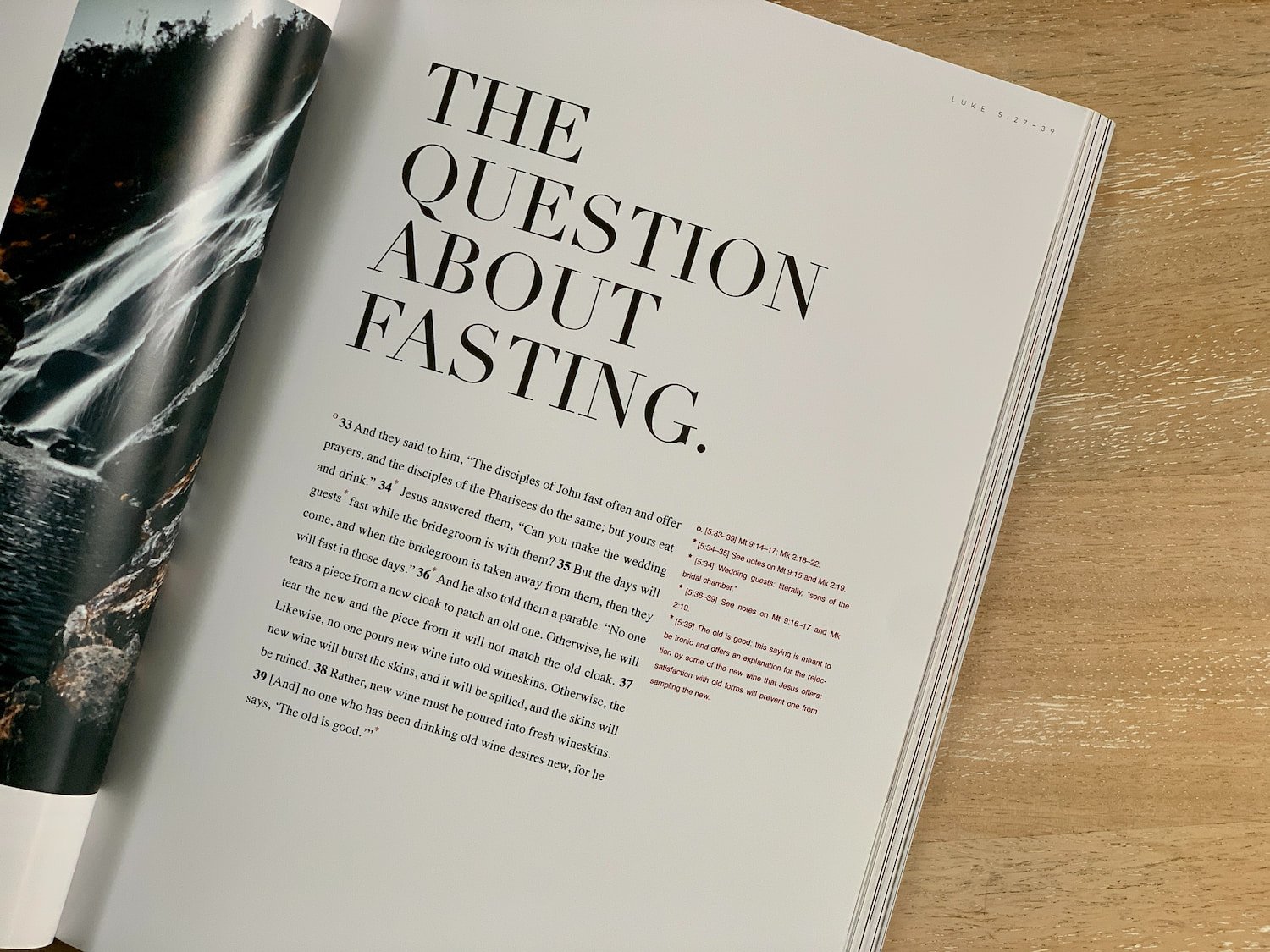Image: Aaron Burden, Unsplash
Why I wept this Easter (2017)
The message of Easter – crucifixion and resurrection - is so familiar to us. We know the story – and sometimes in our familiarity the power of its potent mixture of loss and joy is missed.
This year I wept at Easter. It was through a retelling of the Easter story in much of the pain and power that would have been the experience of the followers of Jesus.
We will all have heard of the attacks on the Coptic Churches in Tanta and Alexandria in Egypt this Palm Sunday. These attacks are not new at all but have become a depressingly regular experience for the Christians of Egypt.
For generations, they have endured the gauntlet of persecution ranging from unequal opportunity, ridicule, and shame to extreme violence – so in some ways, nothing is new. However, what has perhaps become more visible over the years has been the ‘What Would Jesus Do‘ response of Egypt’s Christians to those that hate and violate both them and their faith.
I watched the subtitled clip of a TV interview with the wife of the gatekeeper who died preventing the suicide bomber from entering the church – thus saving the lives of countless worshippers.
I have not witnessed on TV such a powerful message of forgiveness – offered, not under pressure, but as the natural overflow of an ordinary person trying to follow in the footsteps of her master.
What followed was just as powerful – the response of the Egyptian news anchor, who, faced with the power of such supernatural love, went off script as he reacted in incredulity and awe at these Christians who “are made of a different substance”.
Watch the clip:
I wept this Easter – to see this re-enactment of the Easter story lived out in our day. After all, what is Easter but an offering, a sacrifice, an exchange – of good for evil, purity for putrescence, honour for shame, life for death.
As I did so, I thought of the long-held dream, borne in the hearts and prayers of many, of the Muslim world in large numbers embracing Jesus, the Son of God – their Sacrifice and Saviour. As I pondered this I sensed a whisper from heaven –“What is required for this to happen? Only a sacrifice – one willingly made.”
What is required? Is it more prayer conferences, clever strategies, media projects or new methodologies? No, while these can be good things; all that is required is a sacrifice – one willingly offered.
Ordinary Egyptian Christians are at the forefront of this sacrifice today, along with other unsung heroes from Pakistan, Iraq, Sudan, Iran, Indonesia and elsewhere. They are leading the way in sacrifice and forgiveness – and this seed will surely bear fruit.
Such sacrifices are opening up the closed hearts of Muslims around the world – as illustrated so visibly by the news anchor! It seems that there is no shortcut to spiritual breakthrough – only a sacrifice is required.
The power of forgiveness is illustrated so well in two places in the New Testament.
• Jesus speaks over those nailing him to the cross: “Father, forgive them, for they do not know what they are doing.”
• The dying prayer of Stephen for those stoning him: “Lord, do not hold this sin against them.”
Something shifts in heaven and on the earth when forgiveness is released. We see the Roman centurion reacting to the death of Jesus - “Surely he was the Son of God!” Later we see Paul, who was a witness and, some think, a party to Stephen’s death, encountering Jesus and turning from his murderous path.
Perhaps it is not a surprise to see that later on it is Paul who becomes perhaps the world’s most effective missionary – and the Roman world to become the cradle of the Christian faith.
We will see the fruit of forgiveness in the coming days in Egypt – of this we can be sure – but what wider significance will these seeds of sacrifice have for the future of the Arabic and Islamic World?
So my tears were not just of sadness and empathy, but of hope - and in the beginning of a prayer – “Lord help me follow more fully in your steps and in the example of these ordinary/extraordinary saints and witnesses.”






